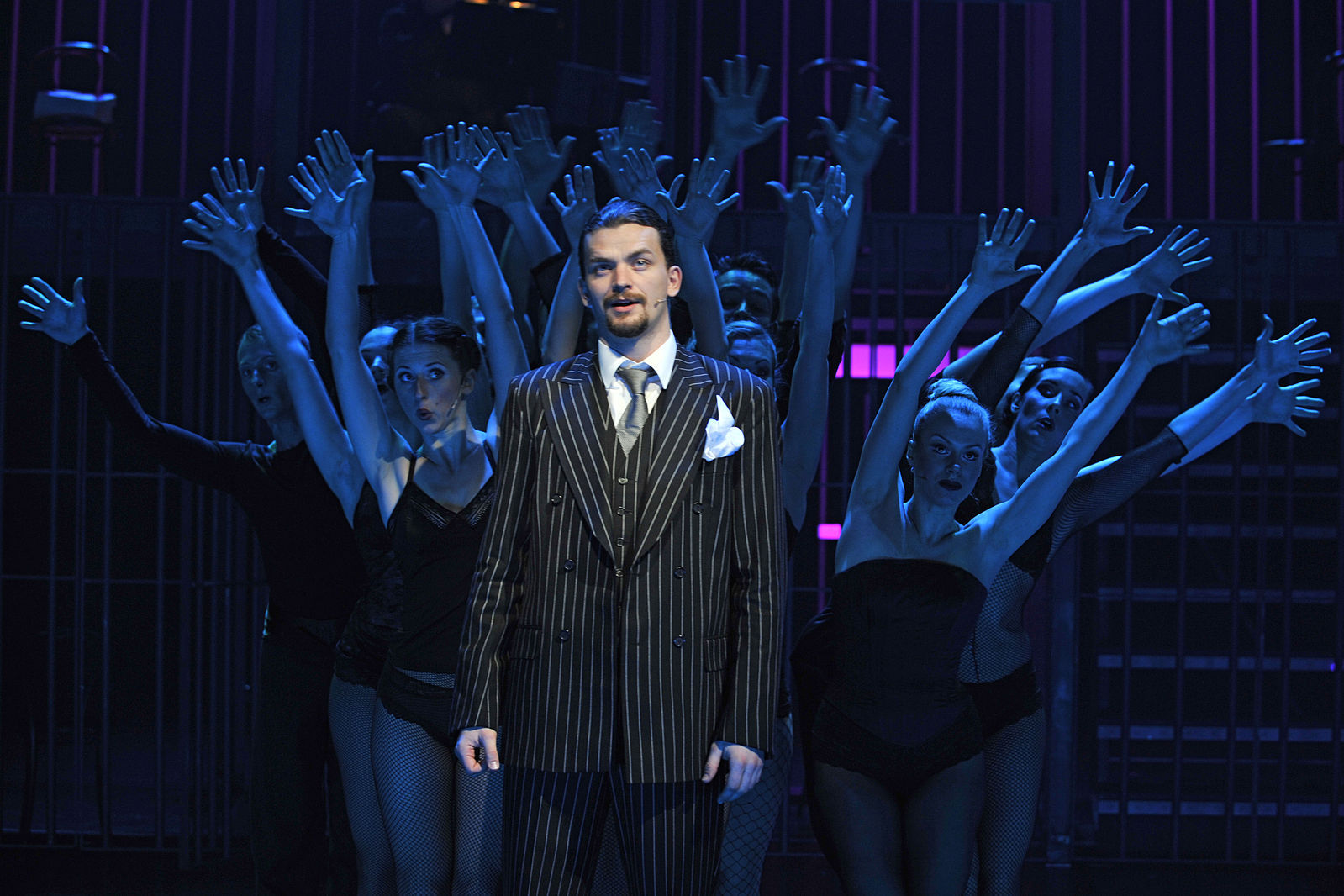
Culture Writer Zenna Hussain explores the concept of the celebrity criminal and focuses on how this applies to the musical Chicago
Humans have always had a twisted obsession with the macabre, from the time of public executions to gothic excess, and now modern anxiety has seen itself manifesting in the glamorisation of the criminal. Criminals like Al Capone and Pablo Escobar are almost celebrated for their crimes, genres of books like dark romance and ‘mafia romance’ abound, there are even recent movies like My Friend Dahmer and Extremely Wicked, Shockingly Evil and Vile that construct an oppressive idea of the celebrity criminal, both glorifying and sensationalising their crimes, placing them near us and ourselves far from their crimes.
Specialised auction sites like Murder Auction, Serial Killers Ink, and Supernaught cater to true crime aficionados, selling the personal belongings of serial killers. Why do we as humans enjoy the glorification of crime? Why does this guilty pleasure bring pleasure? And should we feel guilty?
Entire lists of murders inspired by movies exist, and while this may seem benign approximately 25% of criminals recorded that media or popular culture inspired their crimes. A desire for notoriety becomes a strong motivating character, as can be seen in Chicago, which has been self-dubbed ‘the sexiest musical ever.’
Jazzy musical numbers, iconic choreography, and dark topics congregate in this satirical take-down of the corruption within the criminal system
Jazzy musical numbers, iconic choreography, and dark topics congregate in this satirical take-down of the corruption within the criminal system. Alluring characters like Velma and Roxie exist similarly to the femme fatales as their stunning looks and desirability almost absolves them of their crimes. Lingerie like outfits and sexy songs like Cell Block Tango come early in the play, and the portrayal of the criminals as the ‘merry murderesses’ means the audience buys into this idealisation of crime and becomes part of the set, as Velma and Roxie throw flowers into the crowd and thank the American people for the acquittal. As the audience enjoys it more and more, the seductive nature of crime becomes clear. Decadence is enticing.
The media using criminals as scapegoats for all of society’s taboos has always existed. Importantly, though these criminals have been caught, and are thus used to showcase the superiority of law office. The criminals have been declawed, and so from a place of safety, we can reclaim the fear, exert control, and perhaps even feel better about ourselves, as we watch people indulge in darkness we will never commit to. Media makes it accessible, and understandable as motives are explained, and guilt is not felt as the events and pain have often not actually happened.
The glorification and abundance of criminals in media means we can reflect on darkness within us and as a society, especially as a British society, can address taboos head on, and not hide conversations about drugs, sexual assault, and other crimes. Existing outside the logical understanding of our world, criminals may speak to the darkest part of ourselves, as we acknowledge humanity has the capacity for the worst of things.
Enjoyed this? Read more on Redbrick Culture!
Comments